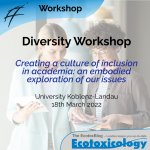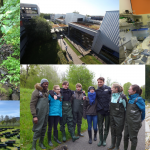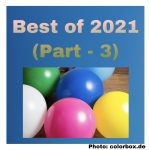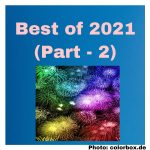In this blogpost, Fola Ogungbemi talks about the effects of mixtures of neuroactive substances. Risk assessment of chemicals is usually conducted for individual chemicals whereas mixtures of chemicals occur in the environment. Considering that neuroactive chemicals are a group of contaminants that dominate the environment, it is then imperative to understand the effects of mixtures of neuroactive substances.
Continue readingWhy coffee makes you alert after a heavy lunch: Mixture neurotoxicity explained through the lens of zebrafish behaviour









